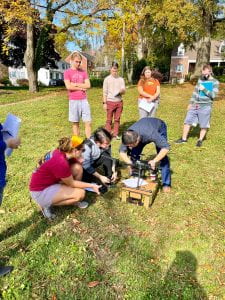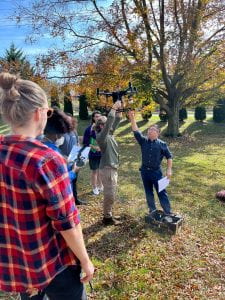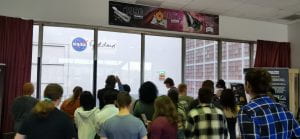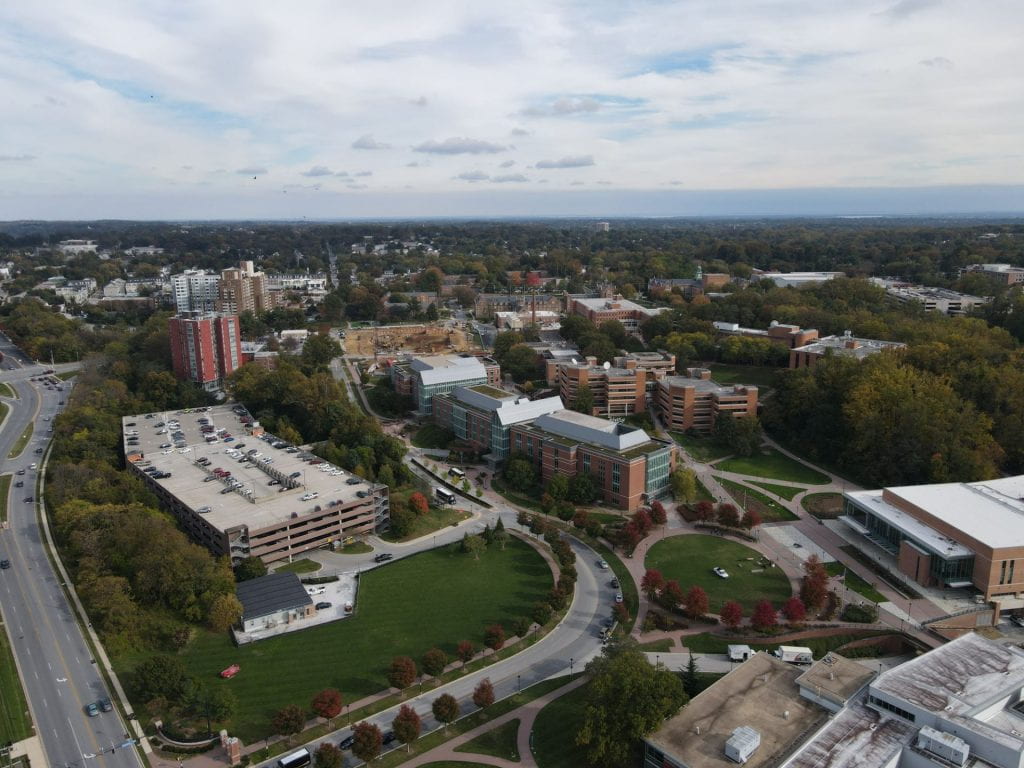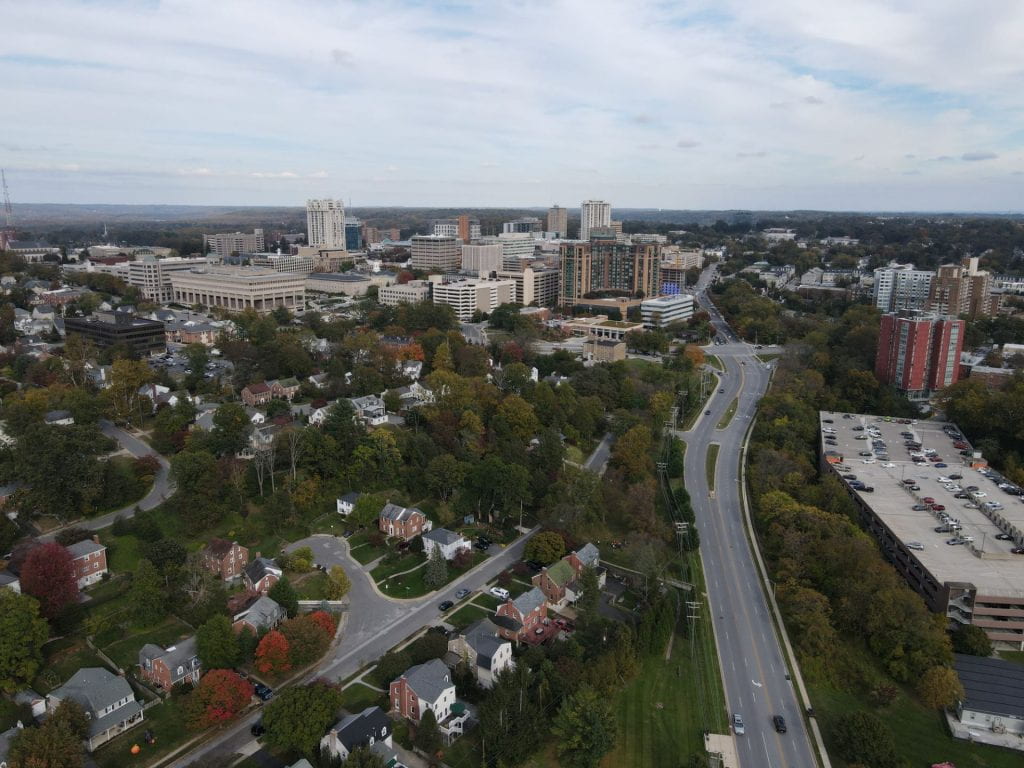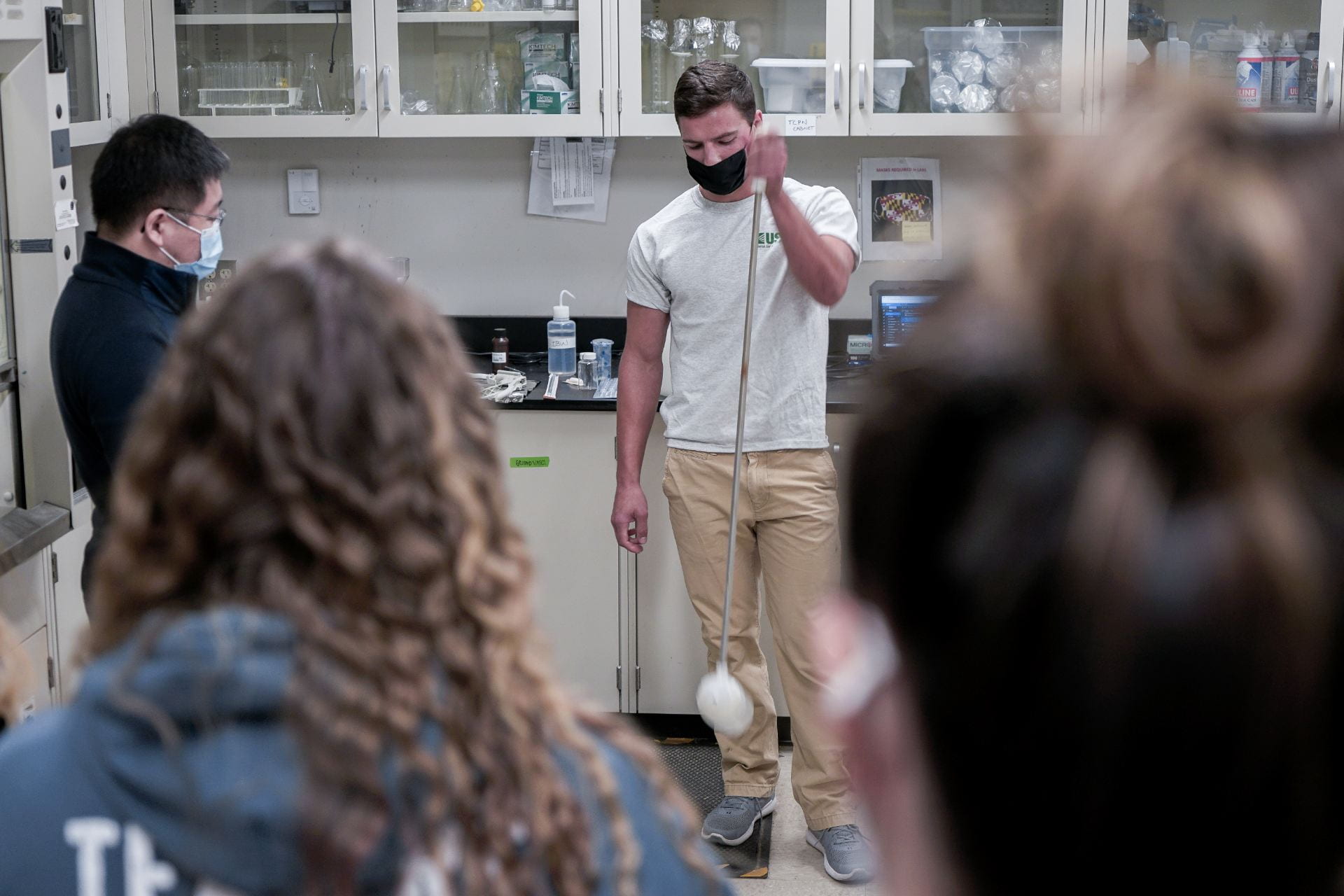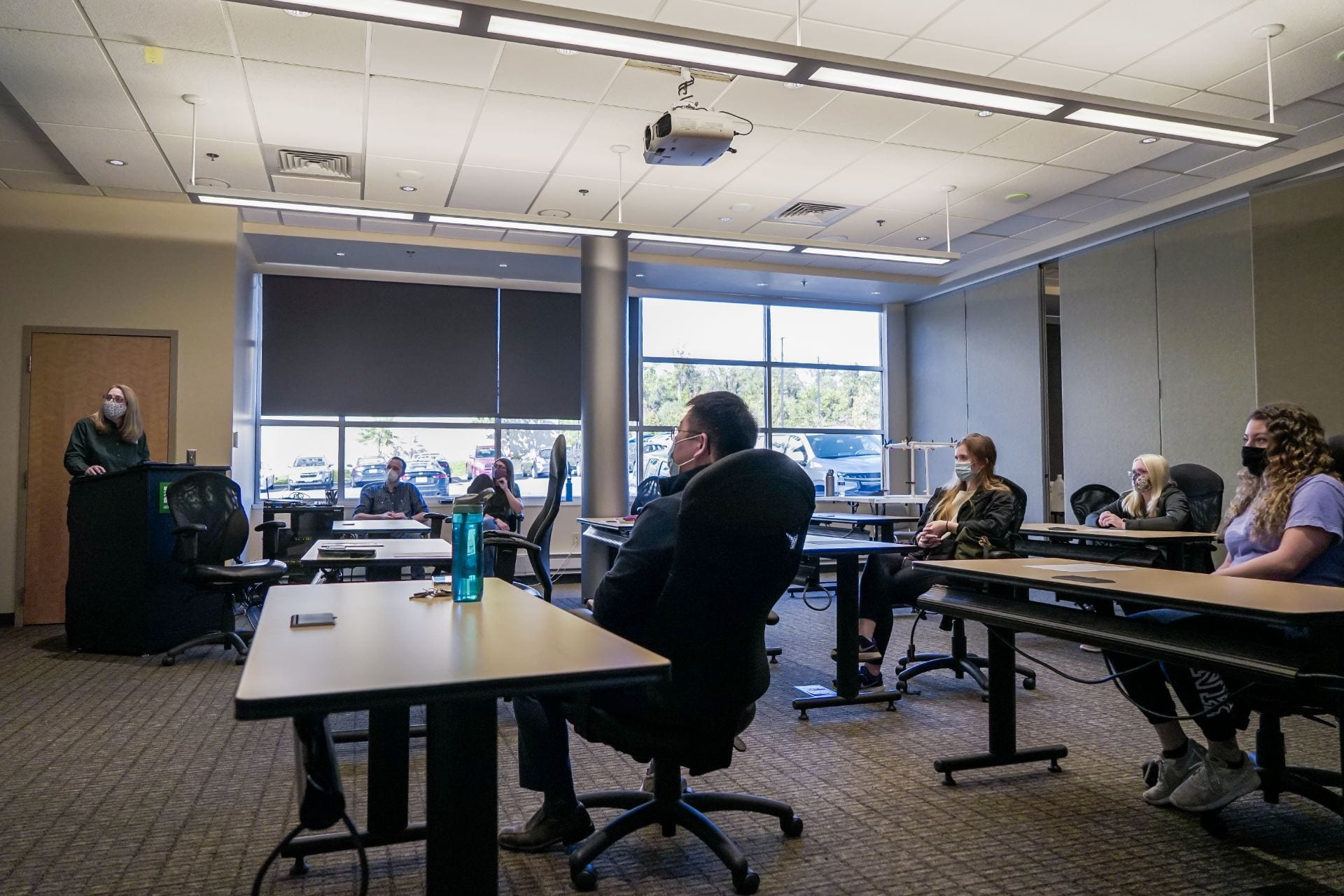We are excited to announce the 2025 Geospatial Technology Summer Camp that will take place at Towson University from July 8 to July 11, 2025. This summer camp, tailored exclusively for Maryland high school students, promises an immersive experience in geospatial technologies.
Spanning four days and three nights, this all-inclusive camp at Towson University offers a comprehensive exploration of geospatial technologies, providing hands-on training in digital cartography, GPS, satellite remote sensing, aerial photography, and open-source mapping. Furthermore, students will engage in activities designed to promote team building and experience the vibrant college atmosphere.
Key highlights of the camp include:
- All-inclusive lodging and meals
- Team-building activities
- NASA field trip
- Drone flying
- Satellite image analysis
- Aerial photography
- Digital mapping
- GPS data collection
And much more!
Please note that the camp has a capacity of 20 students, and the registration deadline is 11:59 pm on June 2, 2025.
Registration is now full. If you would like to be added to our waitlist, please email Dr. Carter Wang at cwang@towson.edu.












